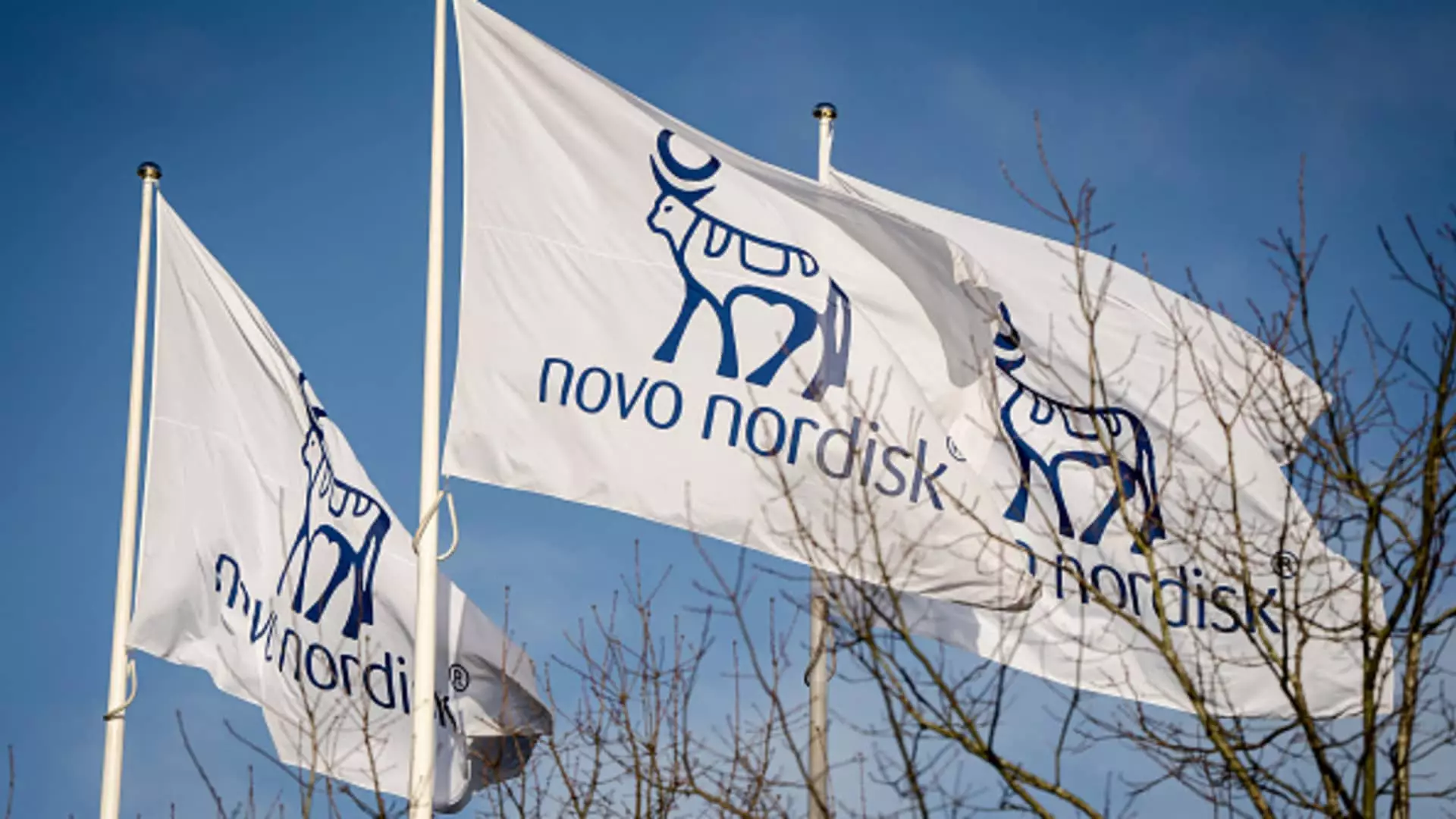The recent legal victory for Novo Nordisk marks a significant turning point in the ongoing battle between big pharmaceutical companies and compounding pharmacies. A Texas federal judge ruled against compounding pharmacies that sought to market cheaper versions of Novo Nordisk’s flagship drugs, Wegovy and Ozempic, underlining the complicated dynamics of the pharmaceutical industry. This ruling may seem like a victory for patient safety, as emphasized by Novo Nordisk, but it raises critical questions about the future access to affordable medications and the role of smaller compounding pharmacies in healthcare.
As demand for drugs like Ozempic has surged, especially amid mounting obesity rates and diabetes prevalence, it is no surprise that patients are gravitating towards more affordable alternatives. The ruling effectively cements the pharmaceutical giant’s hold over a lucrative market. Are we witnessing a genuine commitment to patient welfare, or is this merely a corporate maneuver to protect profit margins?
Compounding Pharmacies: Lifelines or Threats?
Compounding pharmacies arose to fill gaps in the healthcare system, providing tailored medications that traditional drug manufacturers often neglect. However, they have come under fire for producing unapproved and potentially unsafe versions of widely used medications. The recent court decision has breathed new life into the debate surrounding compounded medications, challenging the notion of whether these pharmacies are a necessary lifeline for many patients or a threat to patient safety.
During FDA-declared shortages, compounding pharmacists can legally produce versions of brand-name medications. This legal allowance has spurred new companies, such as telehealth services offering affordable alternatives during these shortages. The patients benefiting from these copycats are often the underinsured or uninsured, desperate for access. But the muted cries from industry experts warning against unregulated compounding raises the stakes: Is it ethical to prioritize access over safety?
Novo Nordisk’s mounting legal action against these compounding pharmacies presents itself as a guardian of public health. Yet, the relentless pursuit of shutting down these operations poses a pressing question: At what cost is “safety” being enforced?
Patient Safety vs. Market Control: A Delicate Balance
Novo Nordisk claims that “patient safety remains a top priority,” but one must ask if this legal battle is driven more by a desire to guard their financial interests rather than genuinely protect patients. Analyzing the statement from Steve Benz, the company’s corporate vice president for legal affairs, generates skepticism rather than reassurance. With over 100 lawsuits against compounding pharmacies across 32 states, one could argue that the corporation’s obsession with eliminating competition masquerades as a concern for safety.
Furthermore, who do we really trust to prioritize patient welfare? The original manufacturers, driven by profit, or the smaller compounding pharmacies, whose individual prescriptions cater to specific patient needs? Government and industry cooperation is critically needed without sacrificing the freedoms of smaller entities trying to offer affordable medications. Legislation should encourage responsible innovation rather than stifle it.
The Bigger Picture: A Monopoly on Health?
Novo Nordisk’s recent courtroom victories signify a broader trend within the pharmaceutical industry: the increasing consolidation of power among major manufacturers. They have the funding, resources, and influence to dictate, and often control, the scope of medications available to the public. As pharmaceutical companies like Novo Nordisk continue to flex their legal muscles, the risk is palpable—a healthcare landscape dominated solely by large entities with questionable motives.
While the FDA’s endorsement of this ruling ostensibly aims to eliminate unapproved medications from the market, it simultaneously reinforces the monopoly that large pharmaceutical companies enjoy. This trend can only lead to higher medication prices and diminishing choices for consumers, most of whom are turning to every possible avenue to afford necessary treatments.
With the compounding group’s continuing challenges to the FDA’s authority, one must remain vigilant. A robust healthcare ecosystem requires diversity in the form of both big pharma and smaller compounding entities. Limiting choices fosters resentment, especially among patients who are cornered into inaction as their needs go unaddressed.
While Novo Nordisk’s legal victory might promise patient safety, the implications it carries may ultimately resound with a hollow echo in the halls of healthcare justice. The fight for access and affordability must navigate these turbulent waters carefully.

